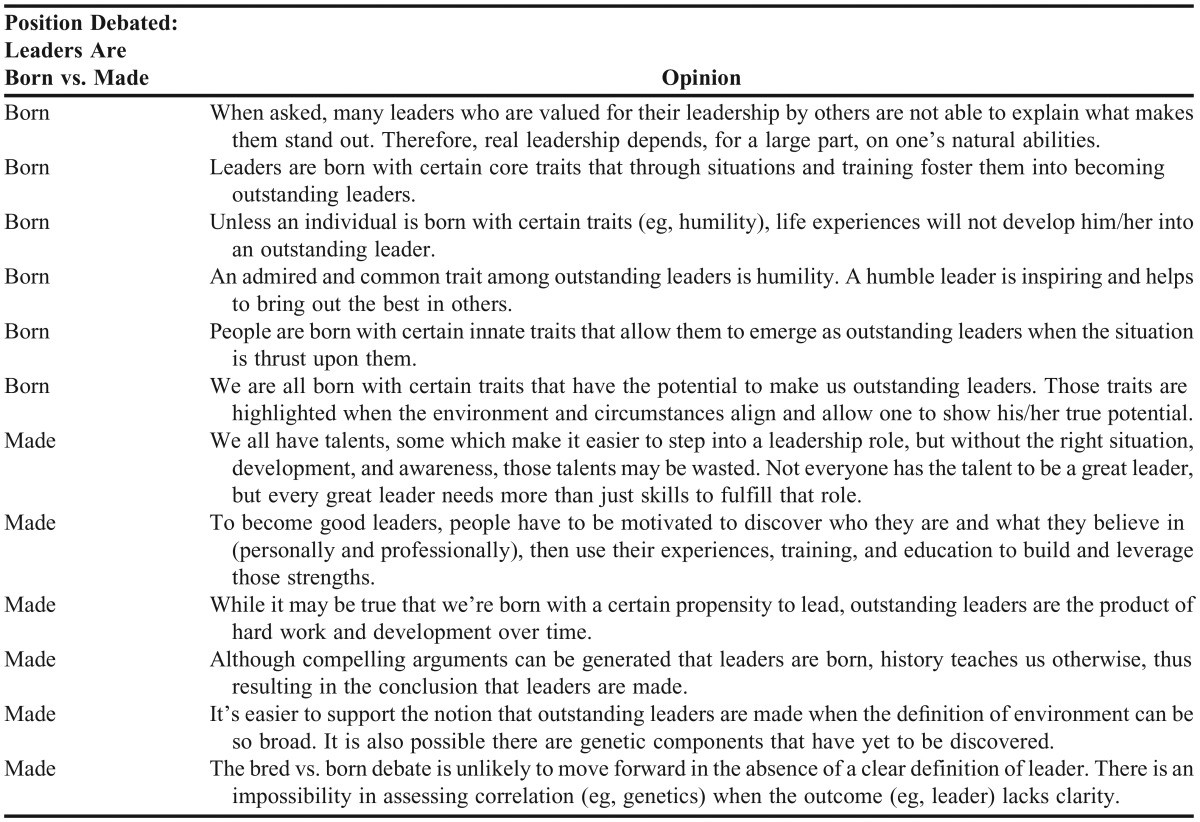The age-old question: are leaders born or made? This article delves into the debate, exploring the roles of genetics, environment, and learned experiences in shaping leadership qualities. We’ll examine scientific studies, historical figures, and the modern leadership industry to determine if great leadership is innate or cultivated.
Nature vs. Nurture: Decoding the Leadership Gene
The “Great Man Theory,” popularized in the 19th century, posited that leaders are born with inherent traits destined for greatness. Modern research, particularly twin studies, offers intriguing insights into the genetic component of leadership. Studies consistently reveal a moderate genetic influence, with heritability estimated around 30%. Some research even links specific genetic markers, like the rs4950 genotype, to leadership roles.
However, inheriting a predisposition to leadership doesn’t guarantee success. Critics argue that twin studies rely on assumptions like the “equal environment assumption,” which may not accurately reflect real-world complexities. Furthermore, occupying a leadership role doesn’t equate to being an effective leader.
Learning to Lead: The Power of Experience
Proponents of the “nurture” perspective emphasize the crucial role of environment and experience in developing leadership skills. They argue that essential leadership qualities like vision, integrity, communication, and decision-making are honed through deliberate practice, mentorship, and overcoming challenges.
Historical figures like Walt Disney and John D. Rockefeller, who rose from humble beginnings to become transformative leaders, exemplify the power of learned leadership. Their success stories underscore the importance of perseverance, learning from failures, and adapting to circumstances. Even renowned leaders like Dwight D. Eisenhower and Claudius Caesar Augustus lacked a prominent family history of leadership, further supporting the argument for learned skills.
The Leadership Industry: Investing in Development
The multi-billion dollar leadership training industry reflects a widespread belief in the potential to cultivate leadership. Organizations invest heavily in programs designed to enhance skills like strategic thinking, communication, and team building. This commitment suggests that leadership is viewed as a learnable skillset, not solely an innate quality. Even academic institutions, like the American Association of Colleges of Pharmacy (AACP), offer leadership development programs, acknowledging the importance of continuous learning in this field.
The Verdict: A Synthesis of Nature and Nurture
The debate of “born or made” likely presents a false dichotomy. Leadership development is a complex interplay of both nature and nurture. While genetics may provide a foundation, it’s the experiences, learning, and conscious effort to cultivate skills that ultimately shape exceptional leaders.
A potential leader might be born with certain predispositions, but realizing that potential requires active engagement in learning, seeking out challenges, and developing crucial skills. The most effective leaders leverage their inherent strengths while continuously seeking opportunities for growth and development. Ultimately, the journey to becoming a leader is a lifelong process of learning, adapting, and refining one’s abilities.


